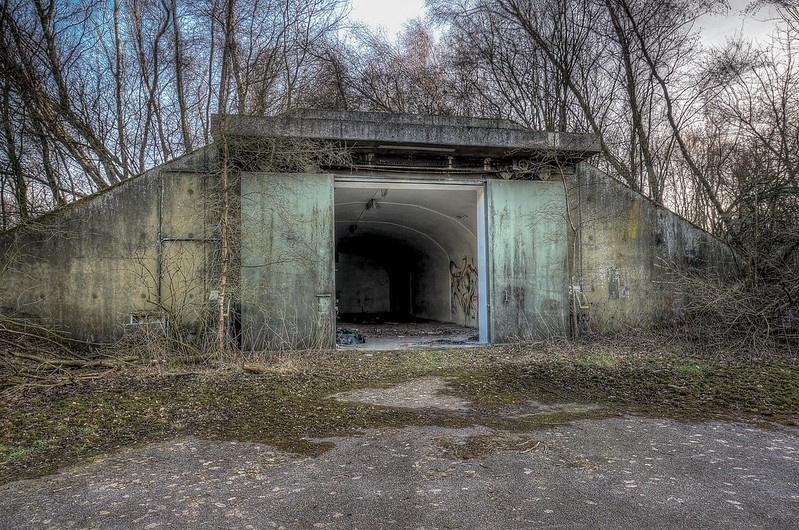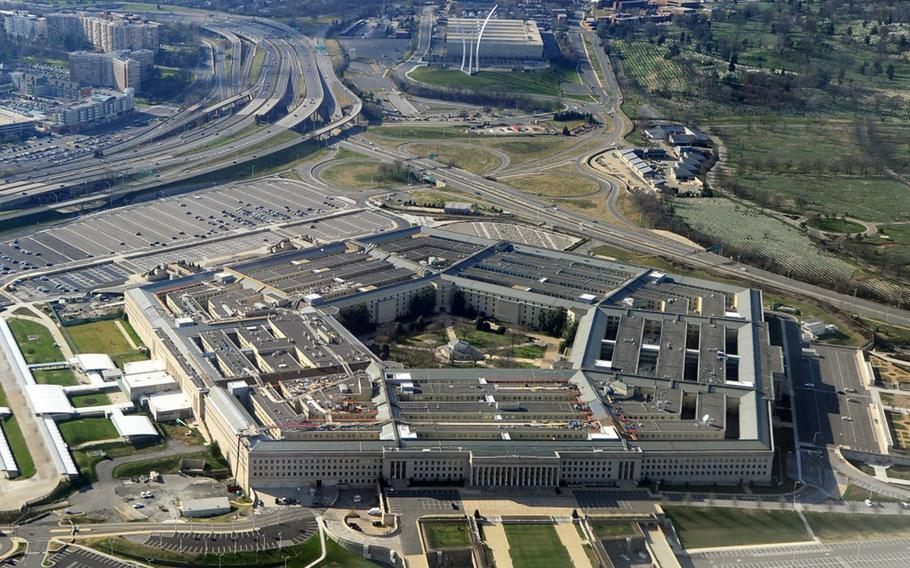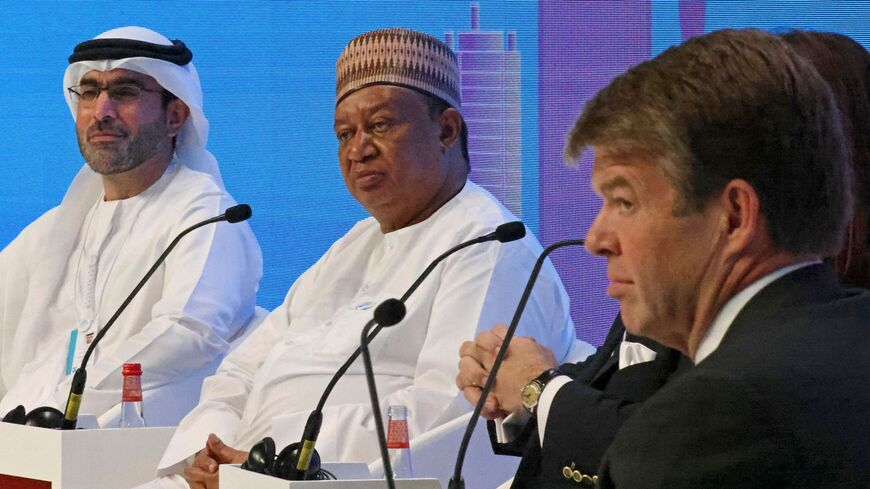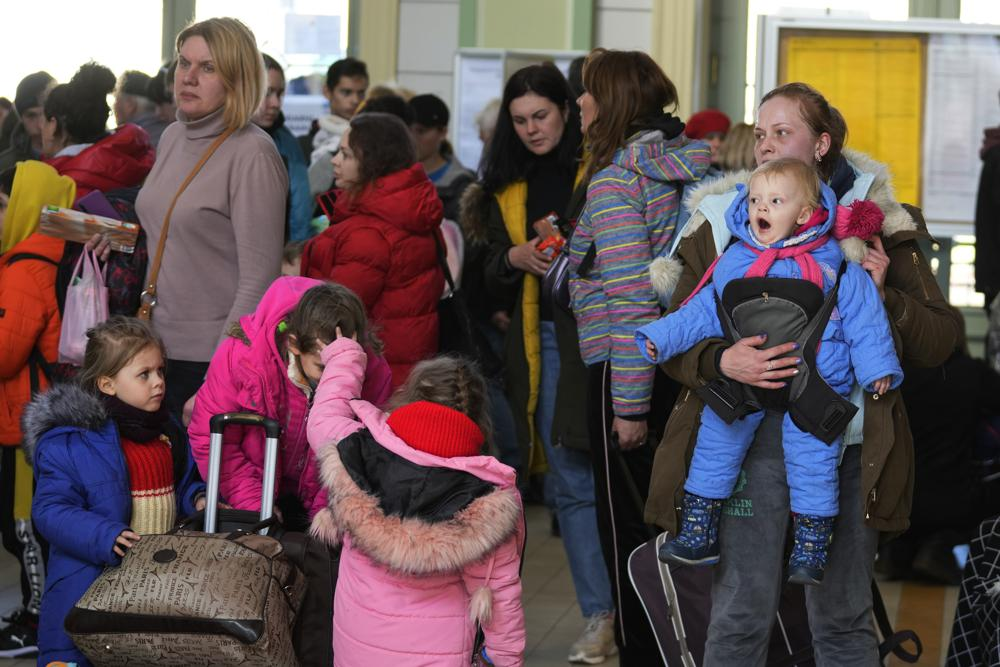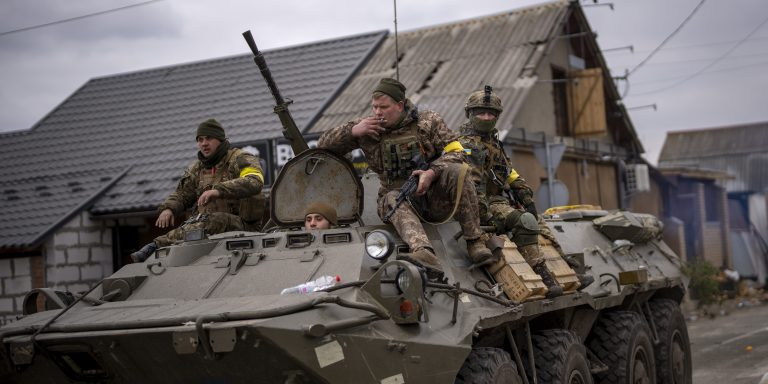Will Ukraine crisis help Turkey dodge Western arms embargoes?
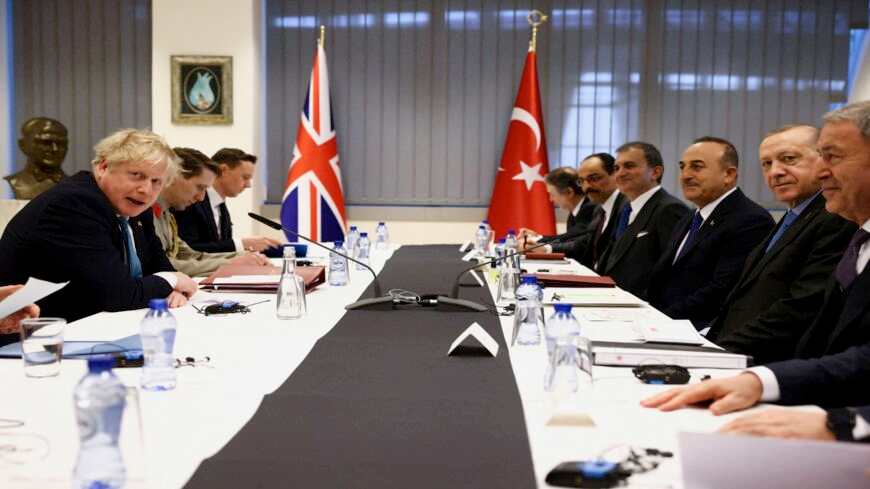
Drawing on the role of Turkish drones in bolstering Ukraine’s defense, Erdogan has urged NATO partners to lift restrictions on military sales to Turkey. But US sanctions remain a tough row to hoe.
Turkish President Recep Tayyip Erdogan seems to have returned buoyed from the March 24 NATO summit in Brussels, hoping that the Russian war against Ukraine will encourage Western nations to remove bans on military sales to Turkey. While European countries are likely to be more flexible, US sanctions remain a tough row to hoe.

